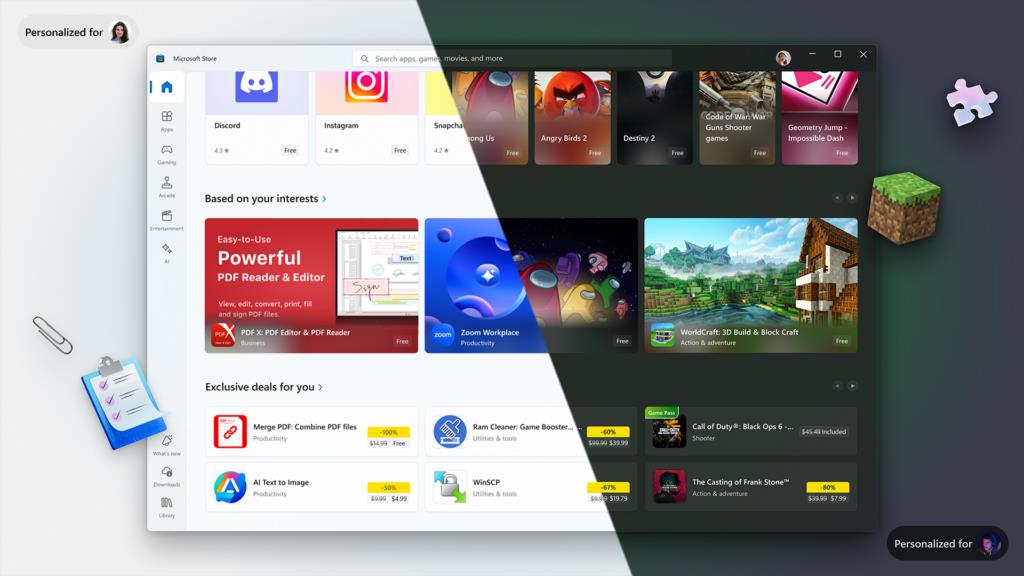AI Developer Role in SaaS Marketing Automation
Discover how artificial intelligence developers are revolutionizing SaaS marketing automation with smart personalization, predictive analytics, and automated customer journey optimization.
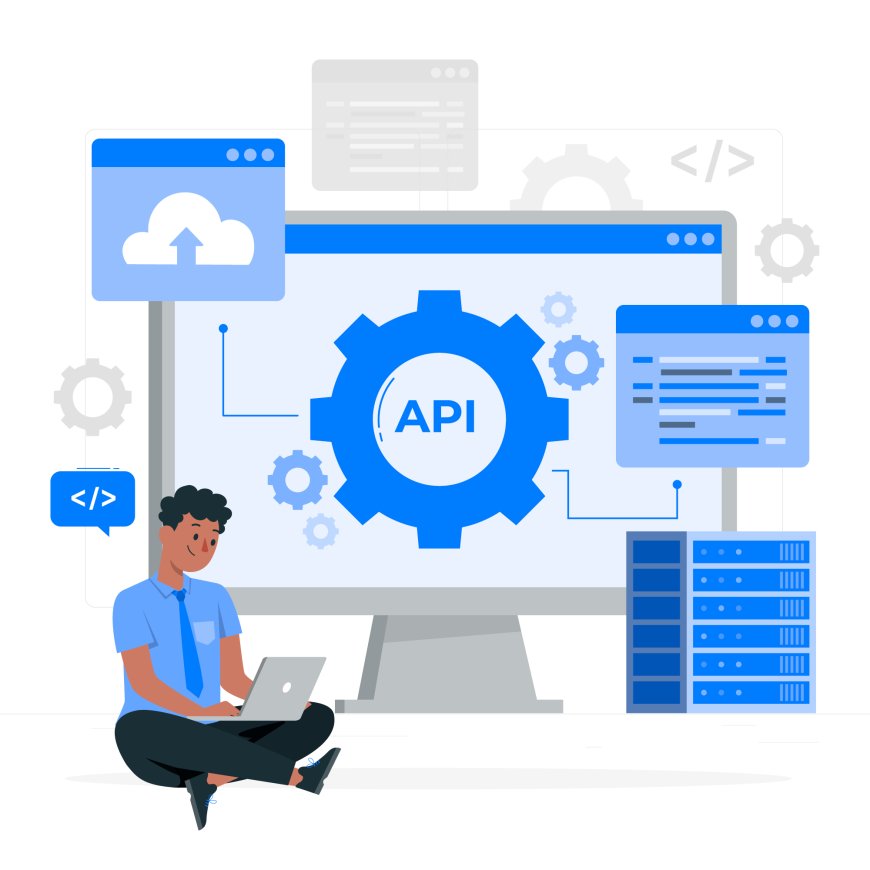
How AI Developers Transform SaaS Marketing Strategies
The role of artificial intelligence developer professionals in SaaS marketing has evolved dramatically over the past three years. These specialists now build sophisticated systems that can predict customer behavior, personalize experiences at scale, and automate complex marketing workflows that were once manual processes. The transformation isn't just about adding AI features—it's about fundamentally changing how SaaS companies approach customer acquisition and retention.
Modern SaaS platforms require marketing automation that goes beyond basic email sequences and landing page optimization. AI developers create intelligent systems that analyze user interactions, predict churn probability, and automatically adjust marketing messages based on real-time behavioral data. This shift has made AI development skills essential for competitive SaaS marketing.
The demand for AI-powered marketing solutions has grown by 340% in the SaaS sector since 2021, according to recent industry analysis. Companies that integrate artificial intelligence developer expertise into their marketing teams see 23% higher customer lifetime value and 19% faster revenue growth compared to traditional approaches.
Machine Learning Applications in Customer Segmentation
AI developers implement machine learning algorithms that automatically segment customers based on behavior patterns, engagement levels, and predicted lifetime value. These systems continuously learn from new data, refining segments without manual intervention. Traditional demographic segmentation becomes obsolete when AI can identify micro-segments based on actual usage patterns and purchasing behavior.
The sophistication of AI-driven segmentation allows SaaS companies to create highly targeted campaigns that resonate with specific user groups. Instead of broad messaging, artificial intelligence developer tools enable personalized communication that speaks directly to individual customer needs and pain points.
An artificial intelligence developer in SaaS marketing automation creates intelligent systems that personalize customer experiences, predict user behavior, automate campaign optimization, and implement predictive analytics for better targeting. They build machine learning models that segment customers, optimize pricing strategies, and enhance lead scoring accuracy while reducing manual marketing tasks.
Predictive Analytics Implementation in SaaS Platforms
Predictive analytics represents one of the most valuable contributions artificial intelligence developers make to SaaS marketing automation. These systems analyze historical customer data to forecast future behaviors, including upgrade probability, churn risk, and optimal engagement timing. The predictive models help marketing teams focus resources on high-value prospects and at-risk customers.
AI developers build models that process thousands of data points from user interactions, support tickets, feature usage, and billing history. This comprehensive analysis provides insights that human analysts might miss, enabling proactive marketing interventions before customers churn or identifying expansion opportunities with existing accounts.
The accuracy of AI-powered predictions improves continuously as more data becomes available. Unlike static rule-based systems, machine learning models adapt to changing customer behaviors and market conditions automatically.
Real-Time Customer Journey Optimization
Modern SaaS customers expect personalized experiences that adapt to their specific needs and usage patterns. AI developers create systems that modify customer journeys in real-time based on behavioral triggers and predictive insights. These dynamic workflows ensure that each customer receives relevant content and offers at the optimal moments.
The complexity of managing multiple customer touchpoints across email, in-app messaging, SMS, and social media requires sophisticated orchestration. Artificial intelligence developer expertise enables seamless coordination across channels while maintaining consistent messaging and avoiding communication overload.
Automated Lead Scoring and Qualification Systems
Traditional lead scoring relies on manual point assignments and static criteria that quickly become outdated. AI developers implement dynamic scoring systems that evaluate leads based on behavioral patterns, engagement quality, and similarity to existing high-value customers. These systems provide more accurate qualification while reducing the time sales teams spend on low-probability prospects.
Machine learning models can identify subtle patterns that indicate purchase intent, such as specific feature usage combinations or documentation viewing behaviors. This granular analysis helps sales teams prioritize outreach efforts and customize their approach based on each lead's demonstrated interests.
The continuous learning capability of AI-powered lead scoring means that accuracy improves over time as the system processes more conversion data. Sales teams report 35% higher close rates when using AI-enhanced lead qualification compared to traditional scoring methods.
Intelligent Content Personalization Strategies
Content personalization goes beyond inserting names into email templates. AI developers create systems that analyze user preferences, engagement history, and behavioral patterns to deliver truly relevant content recommendations. These systems understand which topics resonate with different user segments and automatically surface the most appropriate resources.
The personalization extends to timing optimization, where artificial intelligence developer tools determine when individual users are most likely to engage with different content types. This intelligent scheduling increases open rates and reduces unsubscribe rates while improving overall campaign performance.
Chatbot Development for Customer Engagement
AI-powered chatbots have become essential for SaaS companies managing large customer bases. These aren't simple rule-based systems—artificial intelligence developers create sophisticated conversational AI that can handle complex queries, provide personalized recommendations, and seamlessly transfer difficult issues to human agents when necessary.
The development process involves training natural language processing models on company-specific data, including support tickets, product documentation, and successful sales conversations. This training enables chatbots to understand context and provide relevant responses that feel natural rather than robotic.
Modern AI chatbots integrate with customer data platforms to provide personalized responses based on account history, subscription level, and previous interactions. This contextual awareness creates more meaningful conversations that actually help customers solve problems.
Natural Language Processing for Customer Insights
AI developers implement NLP systems that analyze customer communications across multiple channels to extract valuable insights about satisfaction levels, feature requests, and pain points. This analysis helps marketing teams understand customer sentiment and adjust messaging strategies accordingly.
The ability to process unstructured data from support tickets, social media mentions, and survey responses provides a comprehensive view of customer experience. These insights inform product development priorities and marketing campaign themes that address real customer needs.
Marketing Campaign Optimization Through AI
Campaign optimization traditionally required manual A/B testing and lengthy analysis periods. AI developers create systems that continuously optimize campaigns by testing multiple variables simultaneously and automatically adjusting based on performance data. This approach dramatically reduces the time needed to achieve optimal results.
Machine learning algorithms can identify winning combinations of subject lines, send times, content formats, and audience segments much faster than human analysts. The systems also detect performance patterns that might not be obvious through traditional analysis methods.
The automation extends to budget allocation, where AI systems redistribute spending across channels and campaigns based on real-time performance data. This dynamic optimization ensures marketing budgets generate maximum return on investment.
Conversion Rate Enhancement Strategies
AI developers implement sophisticated testing frameworks that optimize conversion rates across the entire customer journey. These systems identify friction points, test alternative approaches, and automatically implement improvements that increase conversion rates without manual intervention.
The analysis includes micro-conversions that contribute to overall customer lifetime value, such as feature adoption rates, engagement depth, and upgrade timing. This comprehensive approach to conversion optimization addresses the full customer experience rather than focusing solely on initial purchases.
Data Integration and Analytics Platform Development
Effective AI marketing automation requires sophisticated data integration capabilities. Artificial intelligence developer professionals build platforms that consolidate data from multiple sources, including CRM systems, analytics tools, support platforms, and billing systems. This unified data foundation enables comprehensive customer understanding and accurate predictive modeling.
The integration challenges are significant, as SaaS companies typically use dozens of different tools that don't naturally communicate with each other. AI developers create APIs and data pipelines that ensure information flows seamlessly between systems while maintaining data quality and consistency.
Real-time data processing capabilities allow marketing automation systems to respond immediately to customer actions and behavioral changes. This responsiveness is crucial for timely interventions and personalized experiences that feel natural rather than delayed.
Privacy-Compliant AI Implementation
Modern AI marketing automation must comply with privacy regulations while still providing personalized experiences. AI developers implement privacy-by-design principles that protect customer data while enabling sophisticated analysis and automation capabilities.
The technical implementation includes data anonymization, consent management, and secure processing frameworks that meet regulatory requirements. These systems provide powerful marketing capabilities without compromising customer privacy or exposing companies to compliance risks.
Future Trends in AI-Powered SaaS Marketing
The evolution of artificial intelligence developer roles in SaaS marketing continues to accelerate. Emerging trends include voice interface integration, augmented reality experiences, and predictive content creation that adapts to individual customer preferences in real-time.
The integration of AI with emerging technologies like blockchain and IoT creates new opportunities for SaaS companies to differentiate their marketing approaches. AI developers who understand these intersections will become increasingly valuable as the technology landscape evolves.
The future success of SaaS marketing automation depends on the ability to balance sophisticated AI capabilities with human creativity and strategic thinking. Companies that invest in artificial intelligence developer expertise while maintaining focus on customer value will dominate their markets in the coming years.




























































.jpg)























































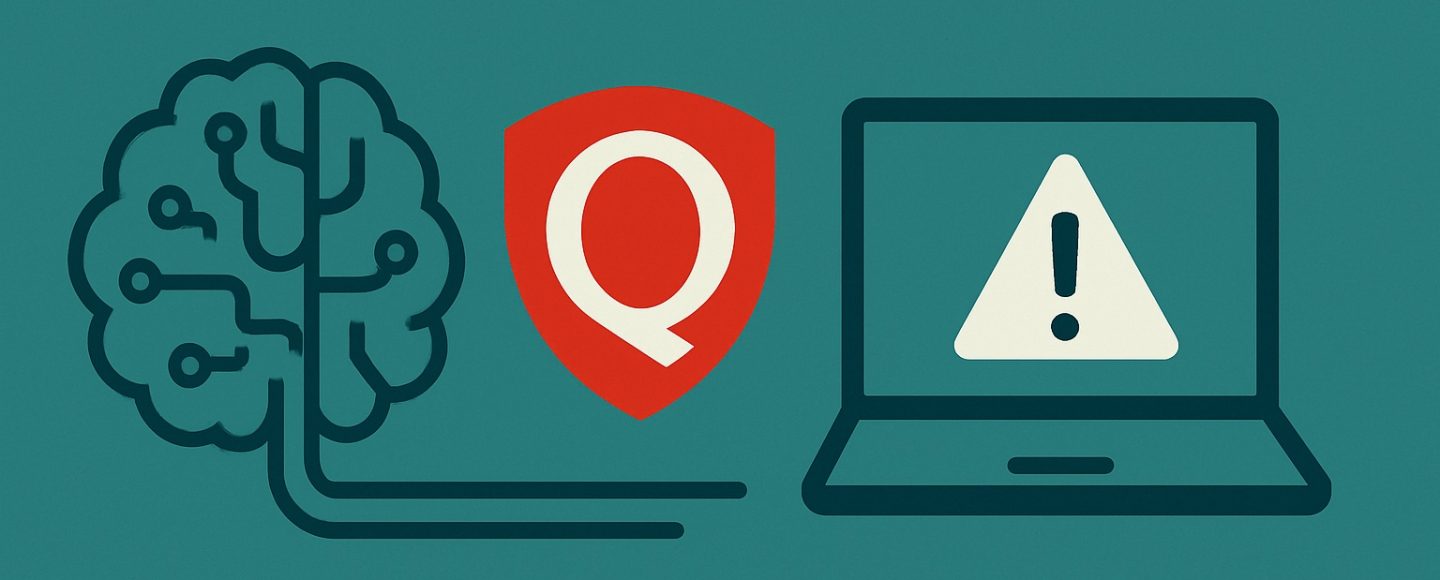

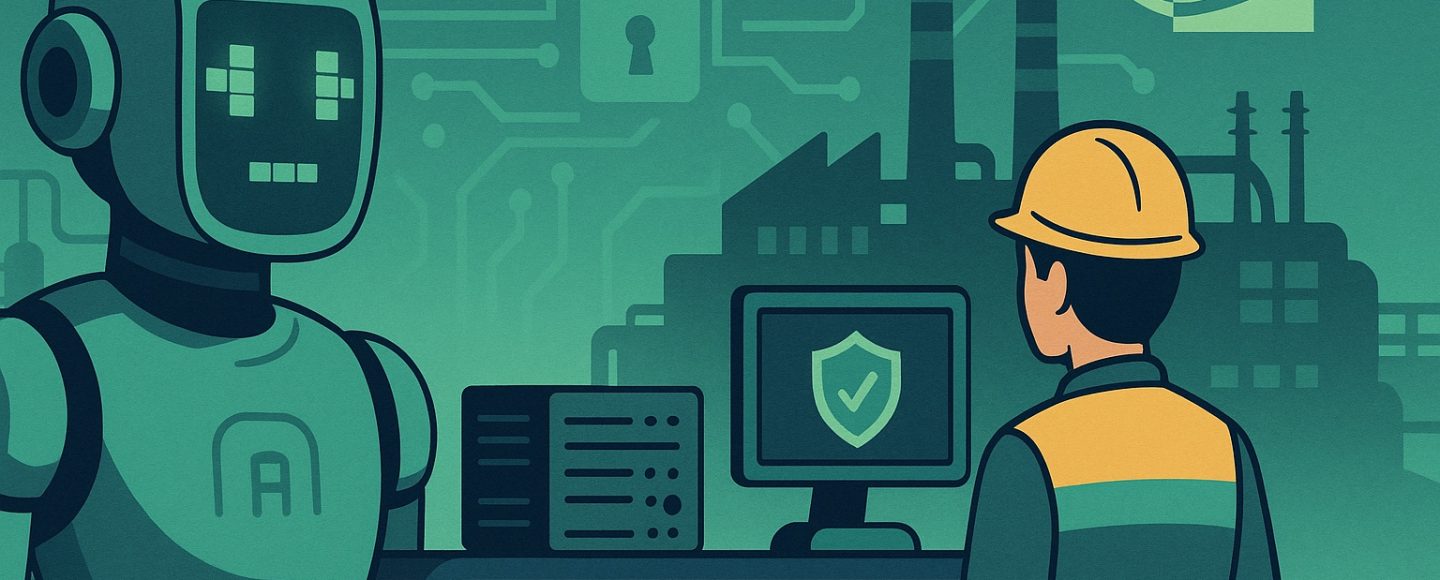






















































![[The AI Show Episode 151]: Anthropic CEO: AI Will Destroy 50% of Entry-Level Jobs, Veo 3’s Scary Lifelike Videos, Meta Aims to Fully Automate Ads & Perplexity’s Burning Cash](https://www.marketingaiinstitute.com/hubfs/ep%20151%20cover.png)

























































































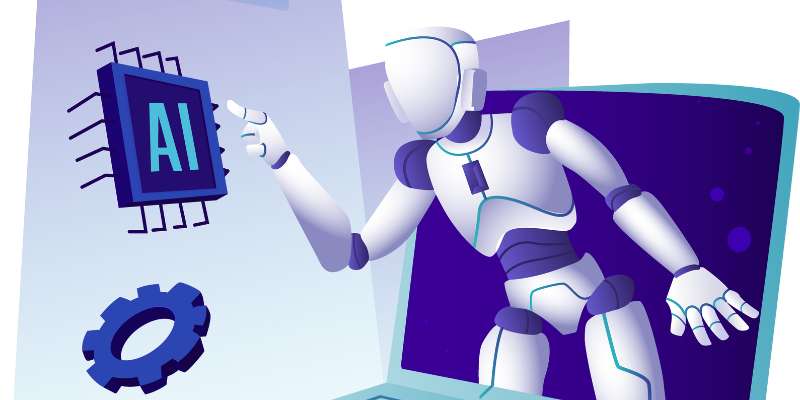


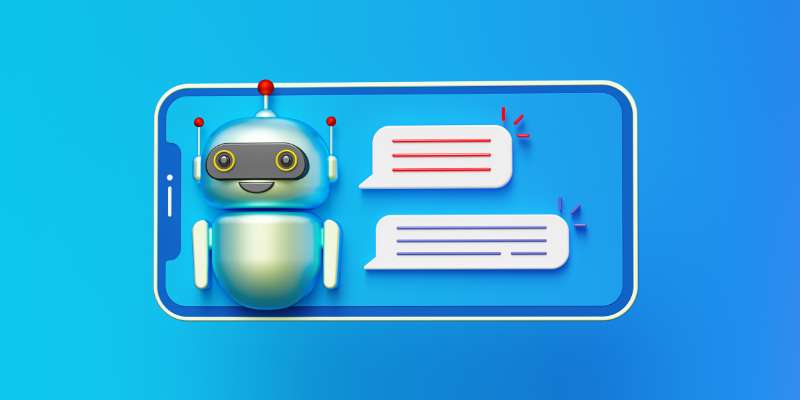




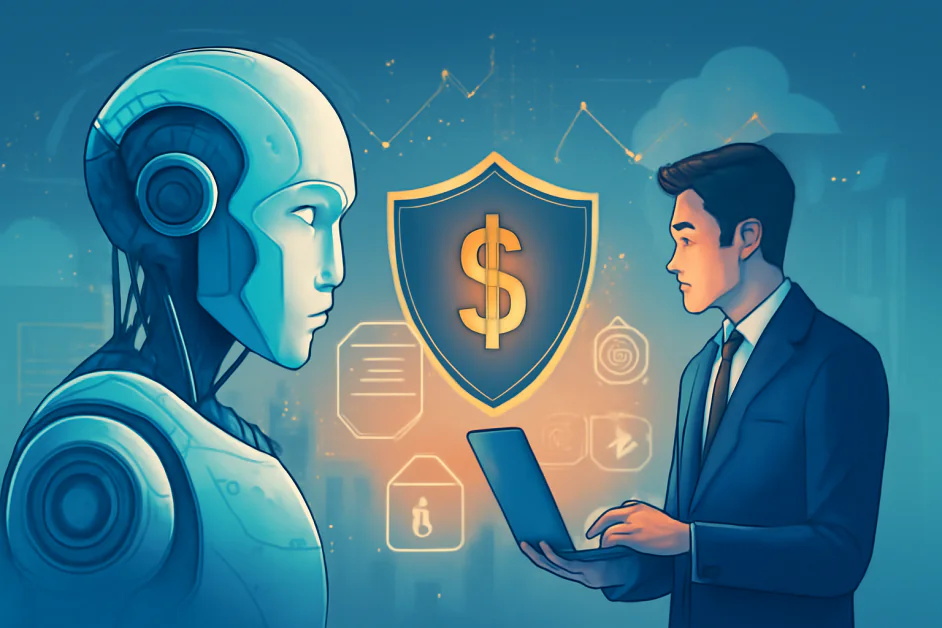



















![[DEALS] Internxt Cloud Storage: Lifetime Subscription (85% off) & Other Deals Up To 98% Off – Offers End Soon!](https://www.javacodegeeks.com/wp-content/uploads/2012/12/jcg-logo.jpg)



![From electrical engineering student to CTO with Hitesh Choudhary [Podcast #175]](https://cdn.hashnode.com/res/hashnode/image/upload/v1749158756824/3996a2ad-53e5-4a8f-ab97-2c77a6f66ba3.png?#)



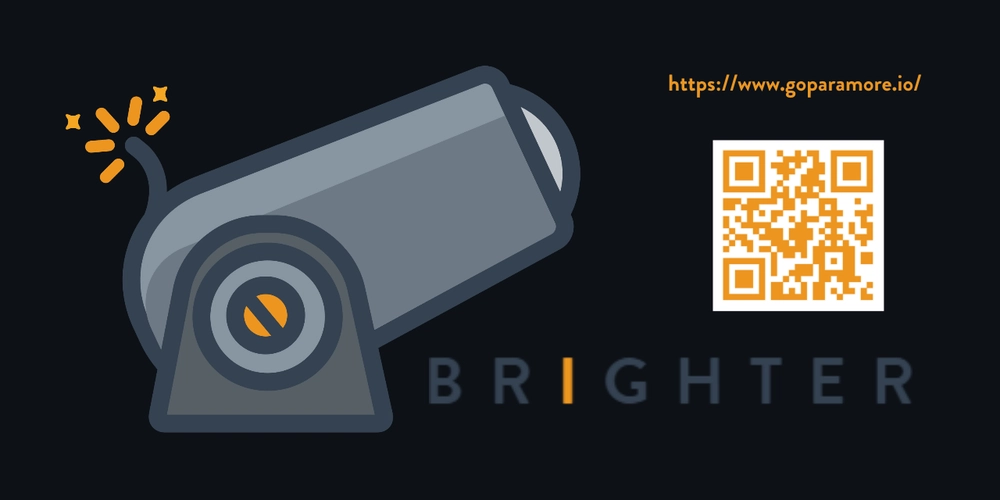








































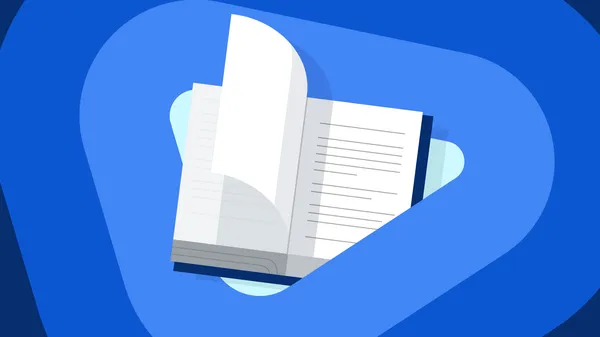







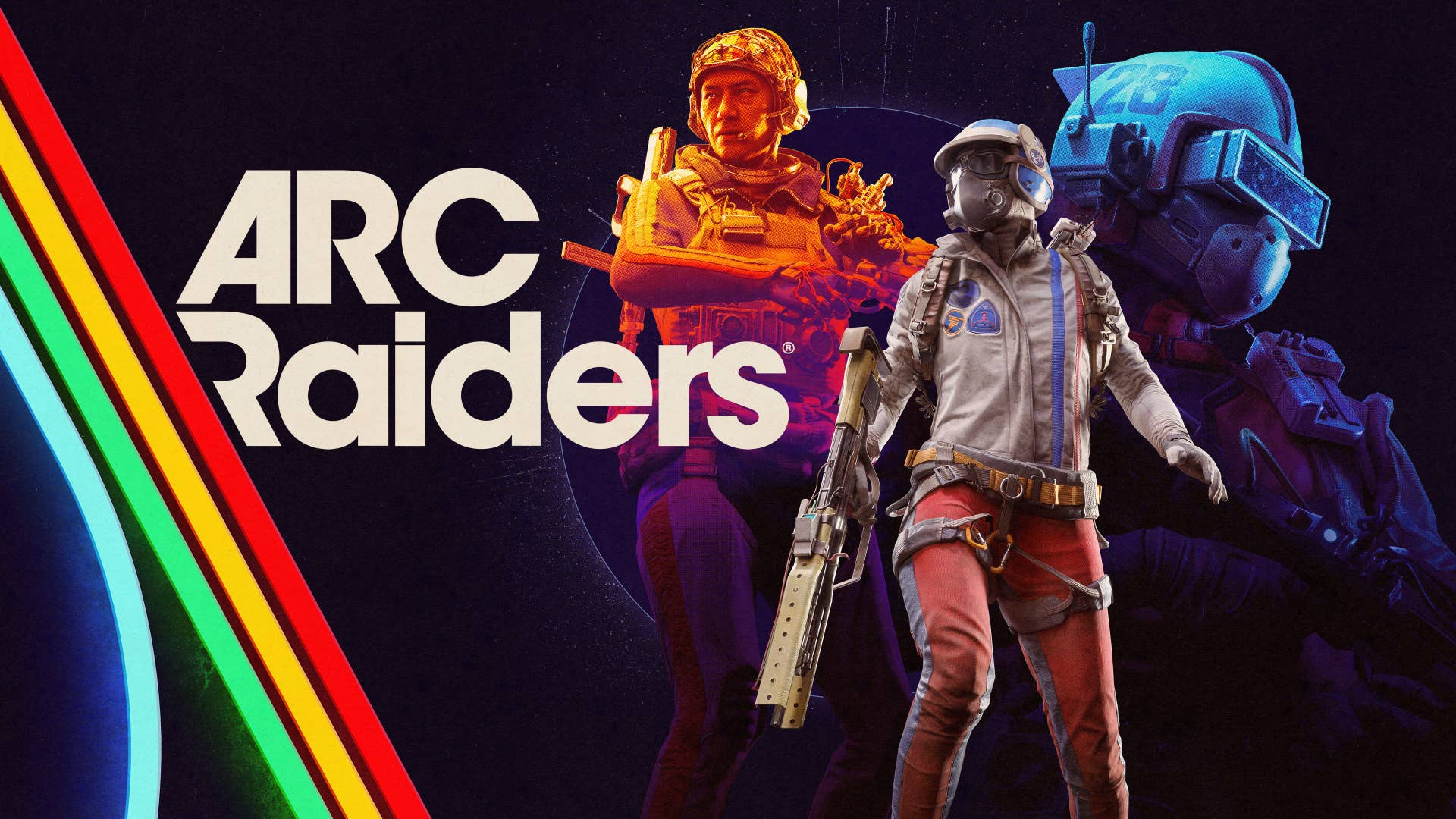






































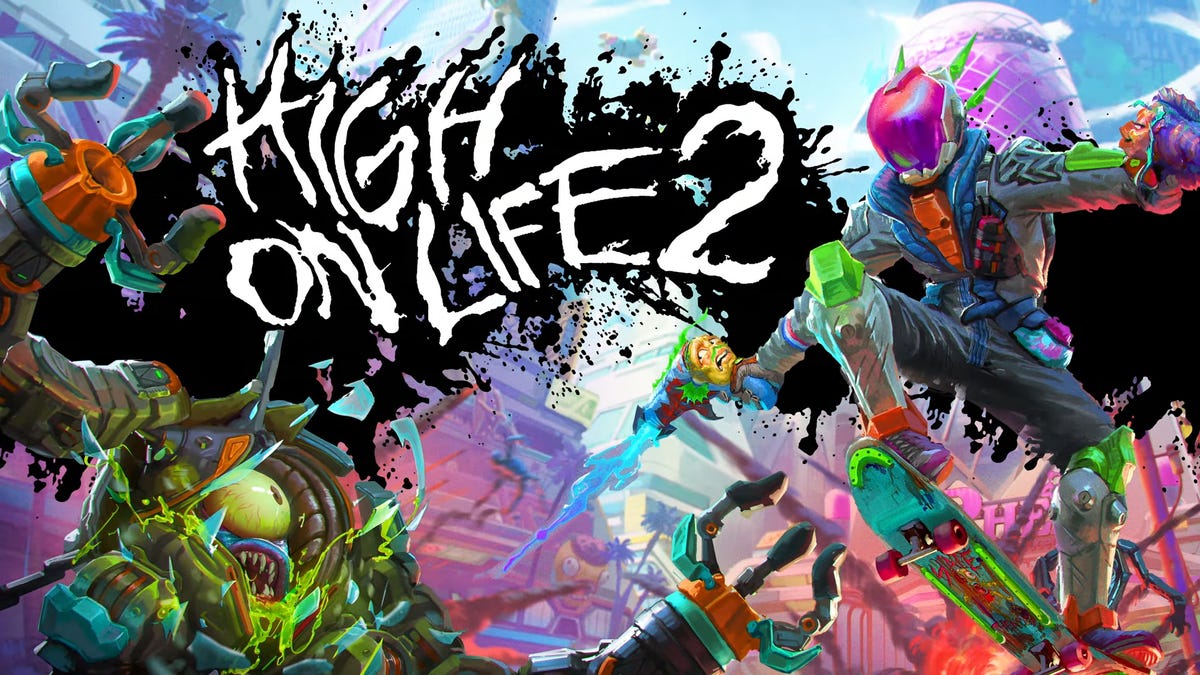




















.jpg?width=1920&height=1920&fit=bounds&quality=70&format=jpg&auto=webp#)

























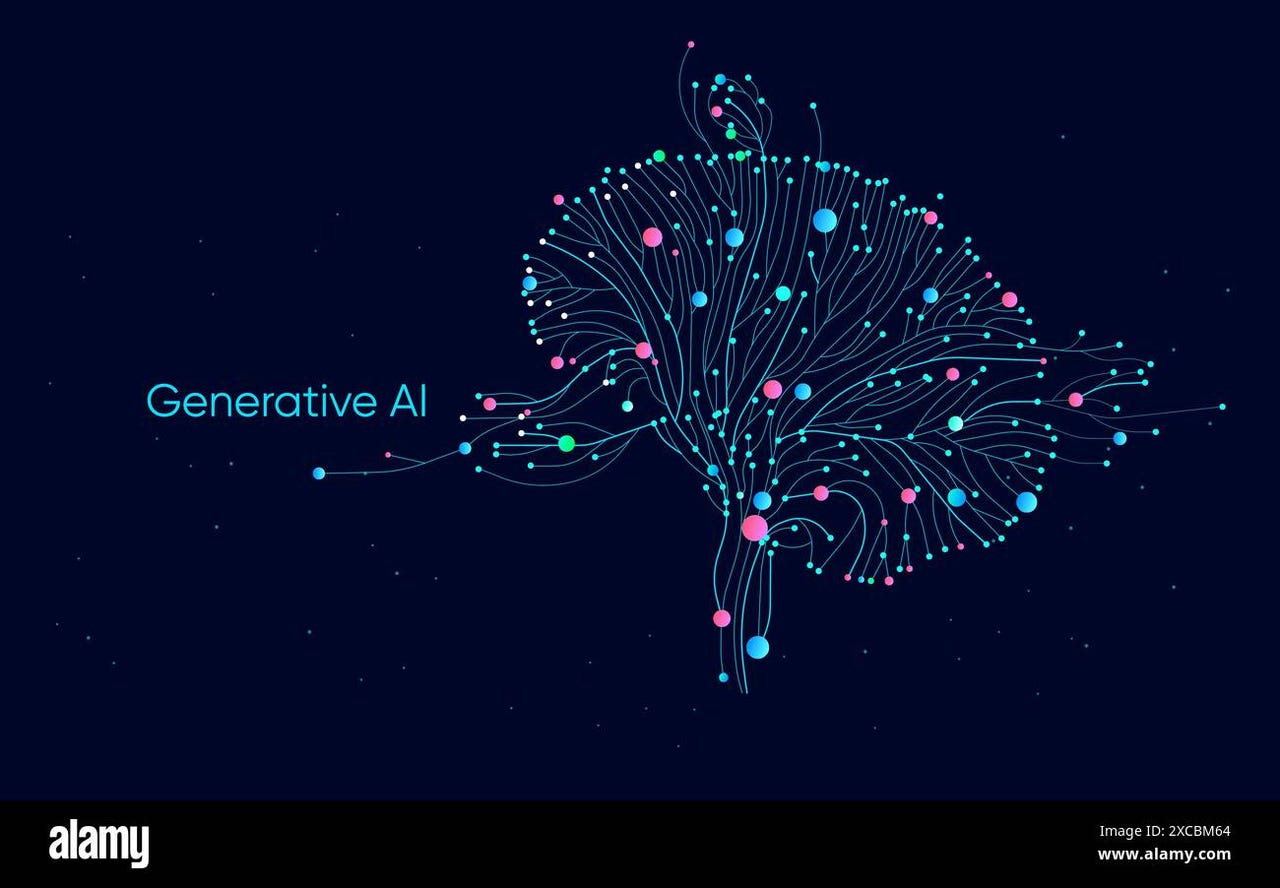


_Michael_Vi_Alamy.jpg?width=1280&auto=webp&quality=80&disable=upscale#)















































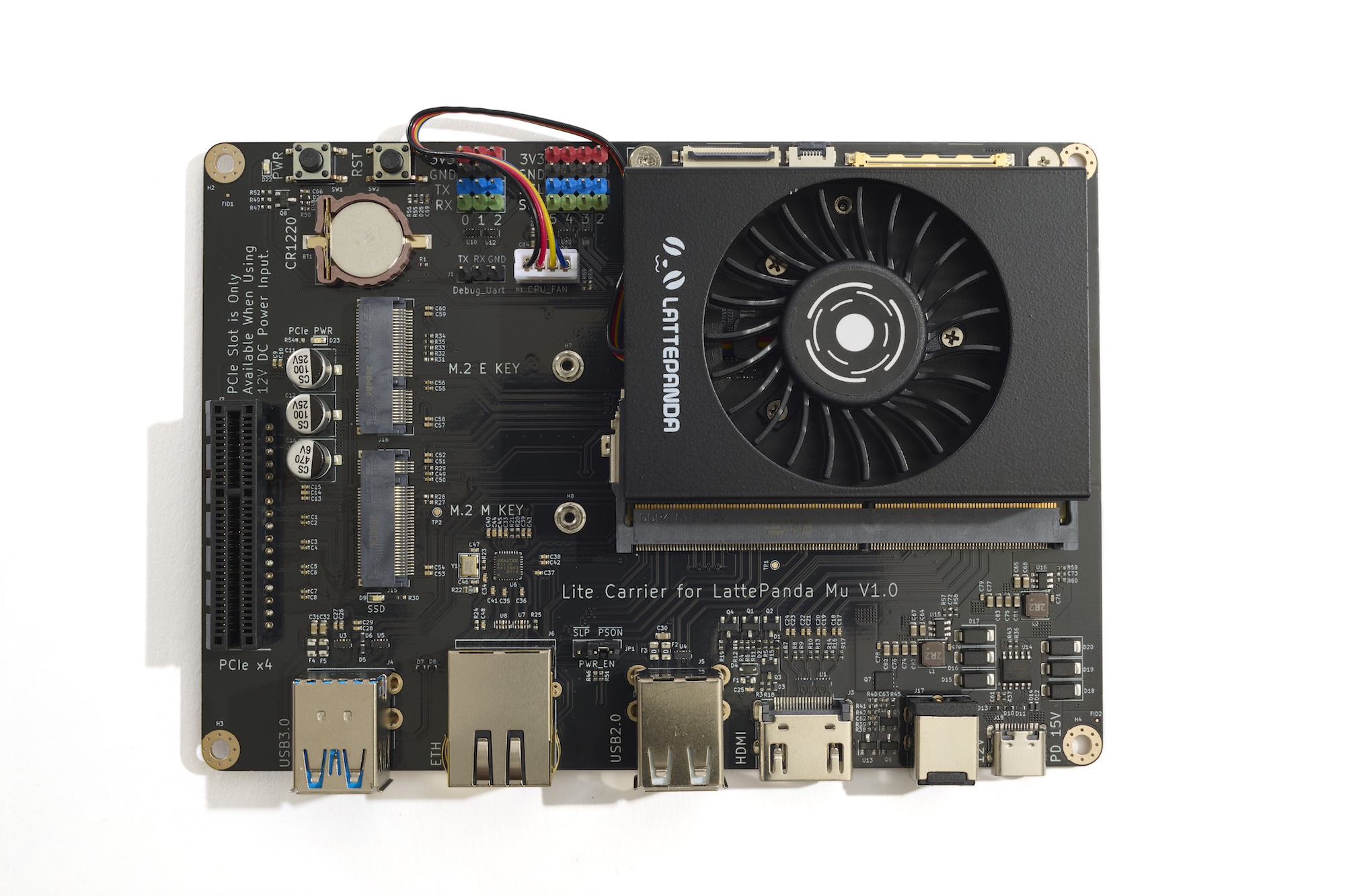



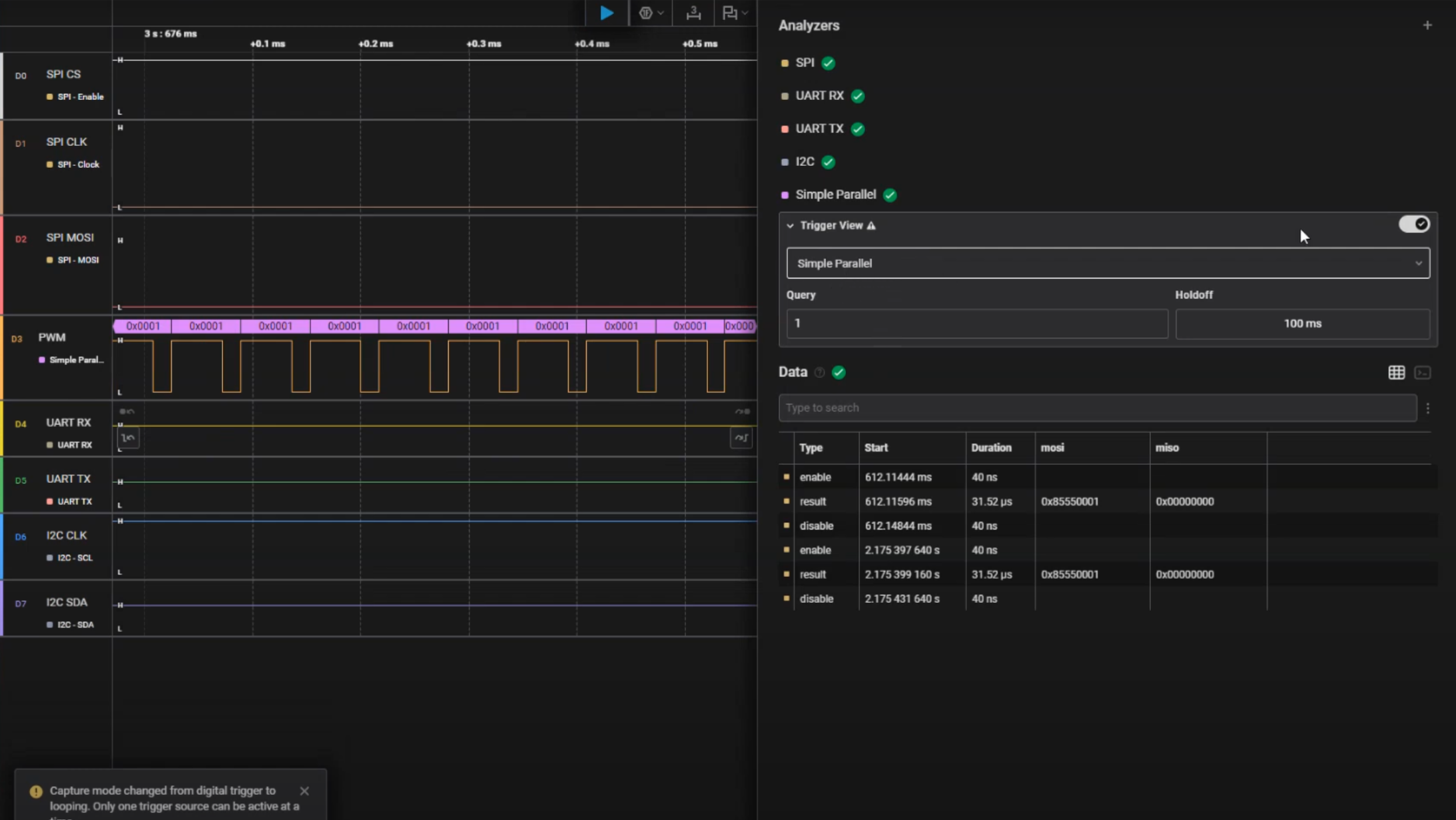






























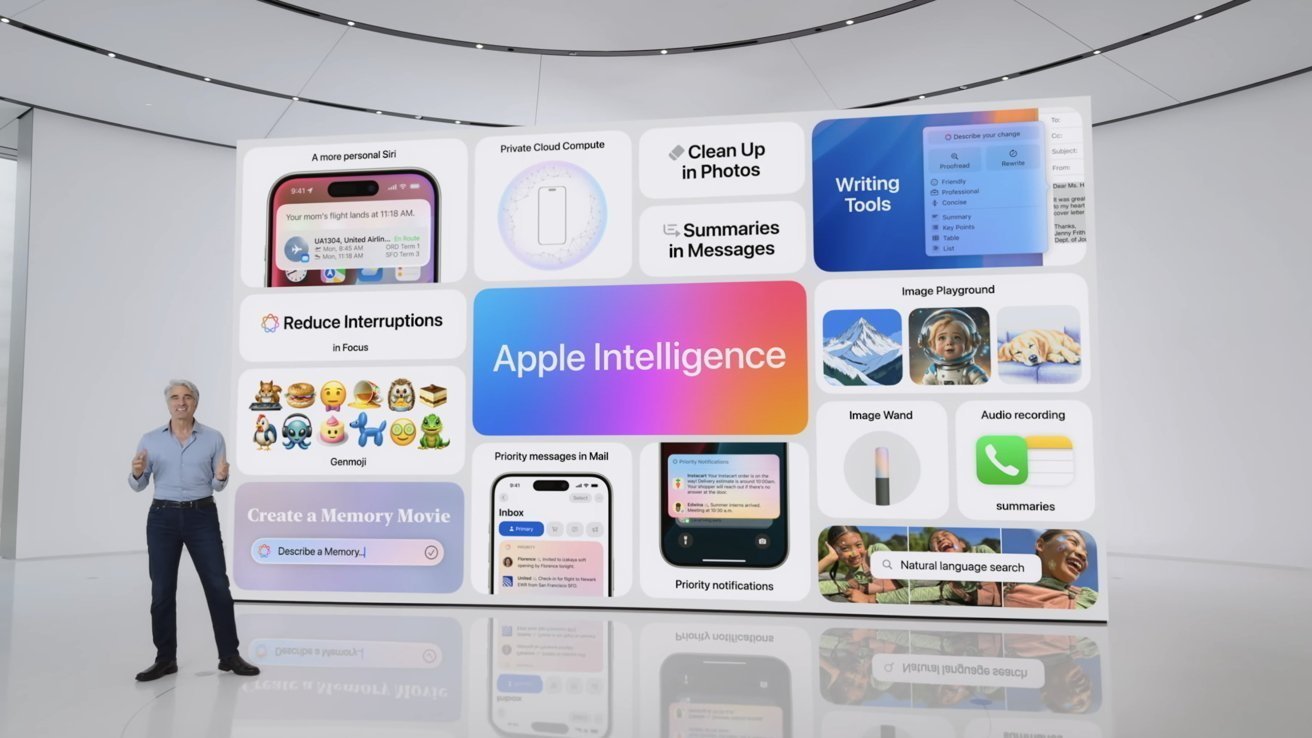

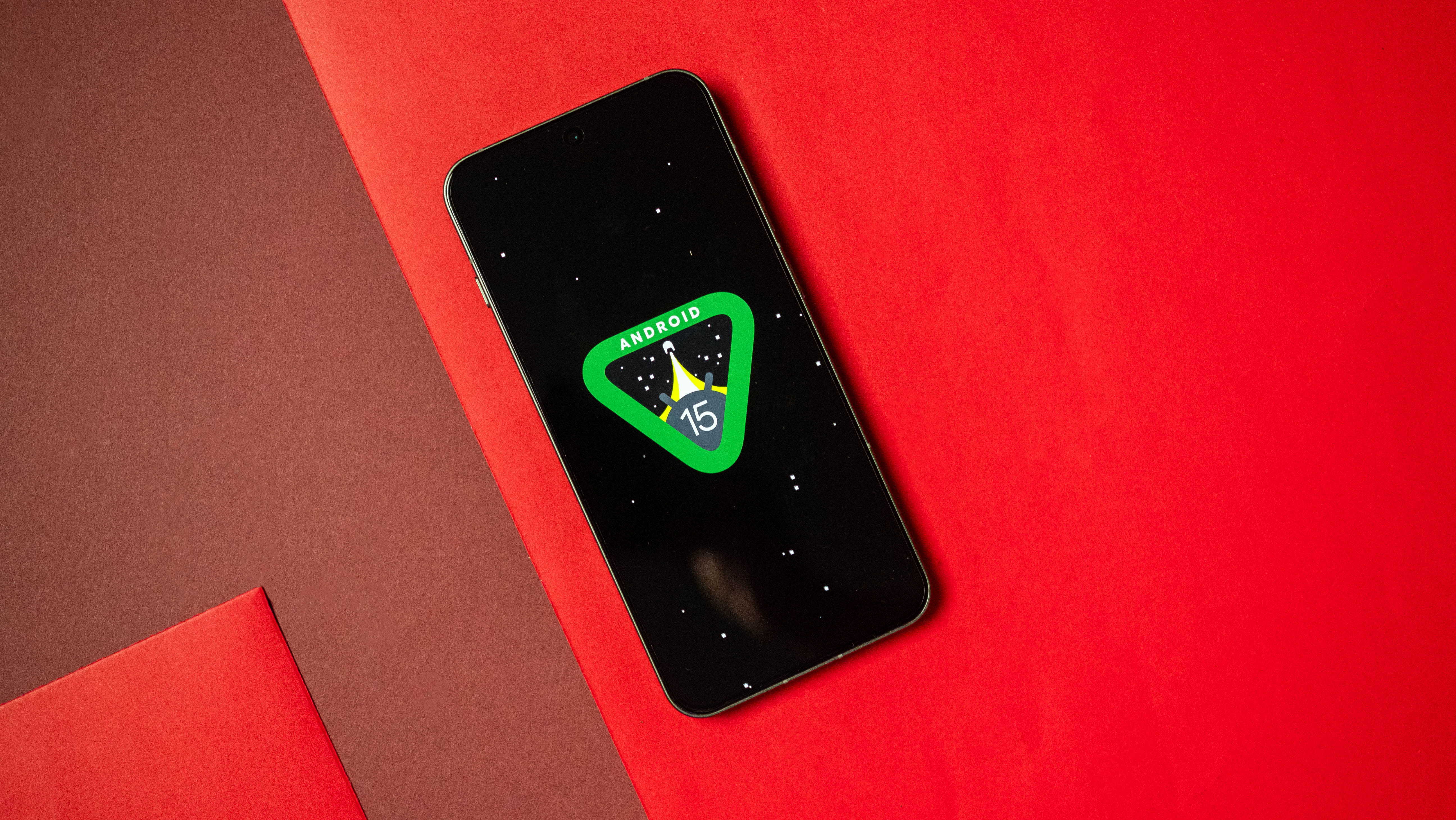
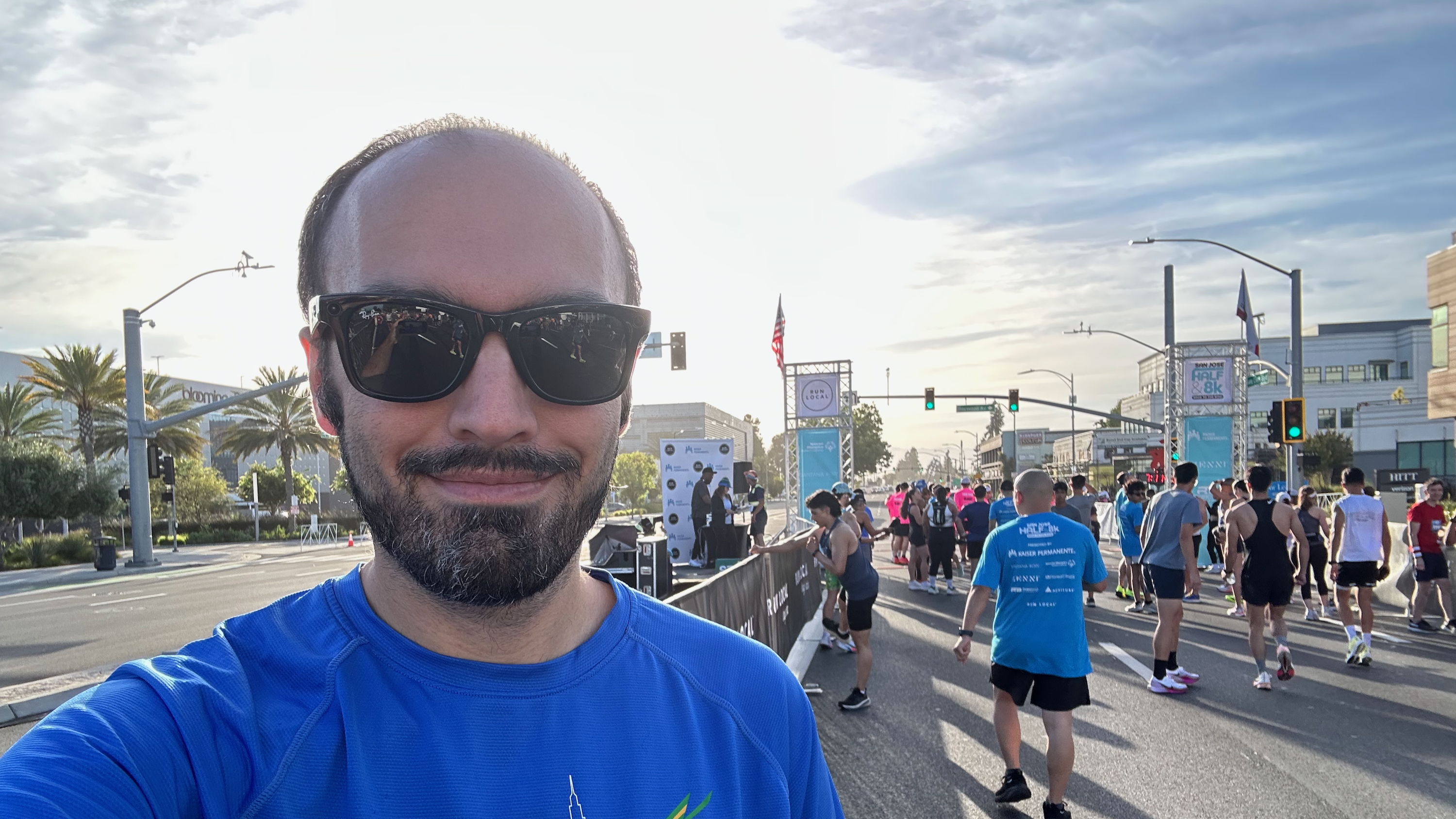

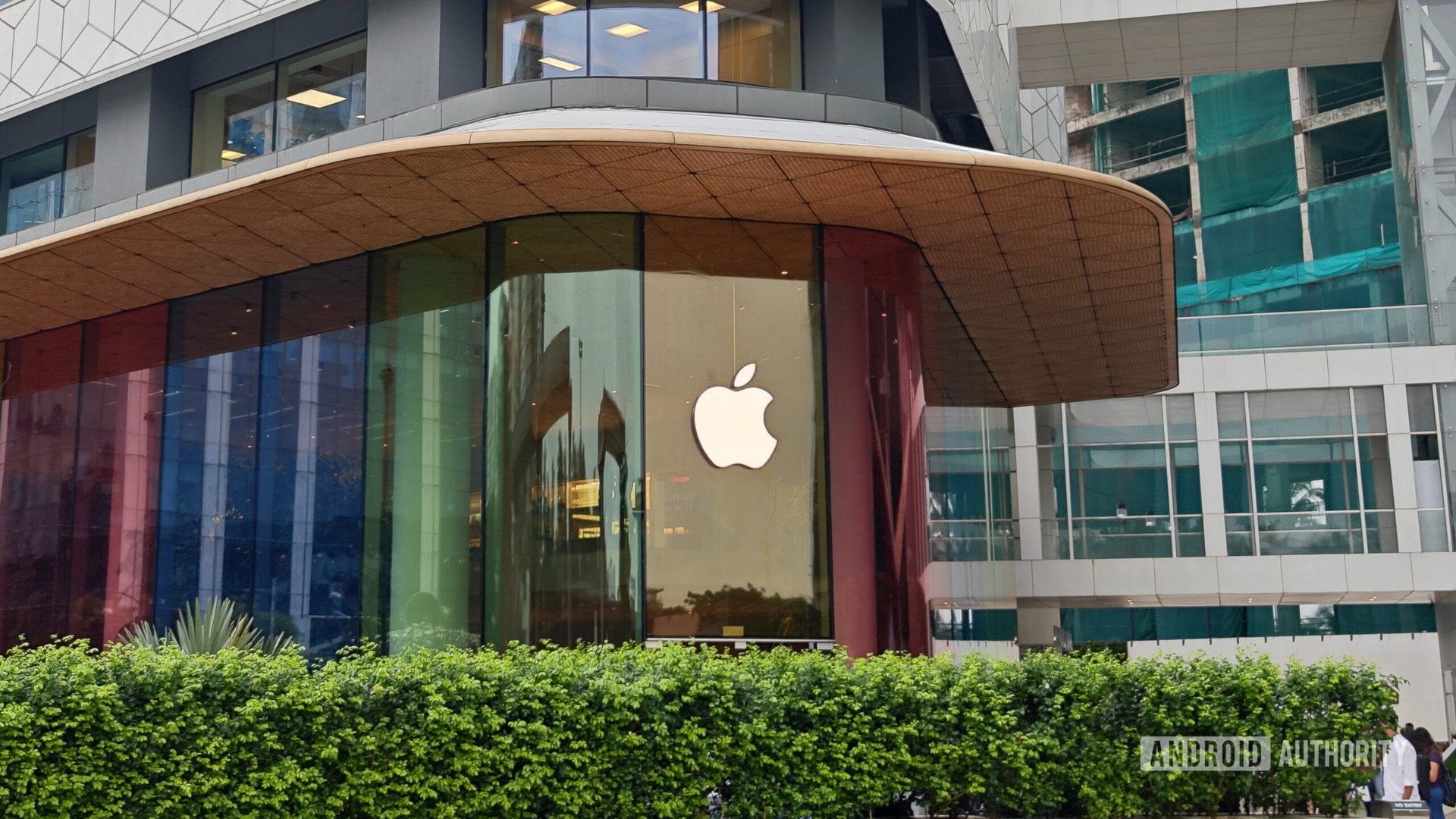






![Google Messages rolls out taller, 14-line text field [U]](https://i0.wp.com/9to5google.com/wp-content/uploads/sites/4/2024/06/Google-Messages-2.jpg?resize=1200%2C628&quality=82&strip=all&ssl=1)
![What Google Messages features are rolling out [June 2025]](https://i0.wp.com/9to5google.com/wp-content/uploads/sites/4/2023/12/google-messages-name-cover.png?resize=1200%2C628&quality=82&strip=all&ssl=1)














![Apple Planning Futuristic 'Glasswing' iPhone With Curved Glass and No Cutouts [Gurman]](https://www.iclarified.com/images/news/97534/97534/97534-640.jpg)

![UGREEN FineTrack Smart Tracker With Apple Find My Support Drops to $9.99 [50% Off]](https://www.iclarified.com/images/news/97529/97529/97529-640.jpg)





















